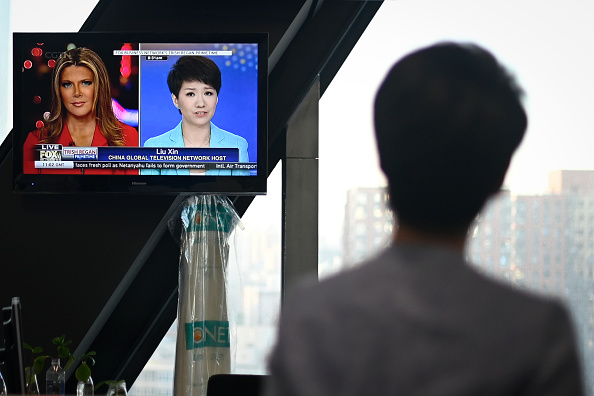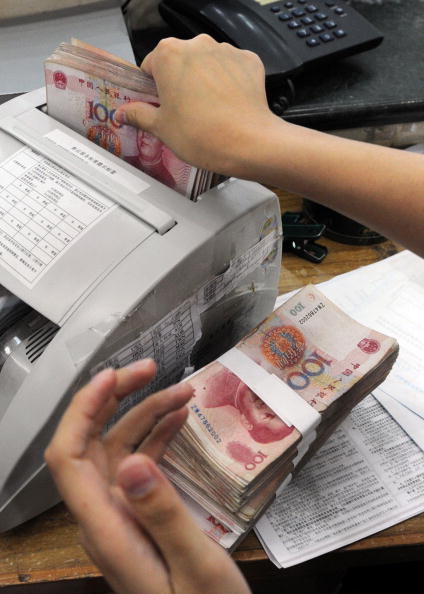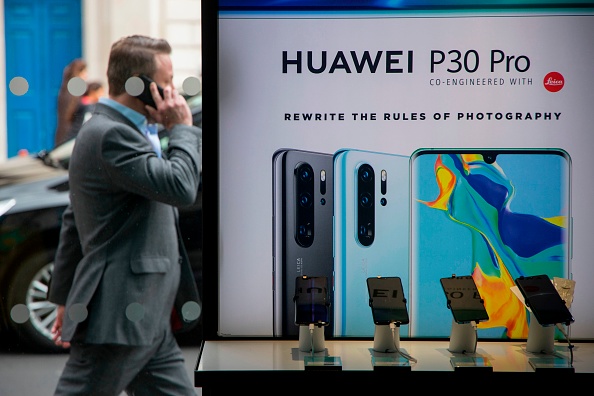
 Trade Diversions
Trade DiversionsThe U.S.-China trade war is in full heat after President Trump increased tariffs on $200 billion of Chinese goods earlier in May. Beijing has since imposed retaliatory tariffs on U.S. imports, and this week halted all purchasing of American soybeans. In a move sure to further strain the global economy, China is striking directly at the base of Trump's support - the American farmer. Trump has since announced a trade aid package of $16 billion for soybean farmers, although this is likely a long term switch for China, who will now receive the bulk of its soybeans from Brazil.
The fallout from the trade war is likely to have far reaching consequences - companies are now rethinking their dependence on China in the global supply chain, and some even argue that Chinese companies should have limited access to Wall Street.
The trade war took to the television on Thursday, as Trish Regan of Fox Business and Liu Xin of China Global Television Network faced off in an on-air debate over the trade war. At times heated, the first-of-its-kind debate addressed issues such as intellectual property theft and economic hegemony. The debate attracted a lot of attention among Chinese social media users, who are increasingly fanning the flames of nationalism as the trade war escalates.
 No Manipulation
No ManipulationThe Trump administration may avoid yet another escalation of trade tensions, as this week it declined to label China a currency manipulator despite repeated claims from President Trump that Beijing has weakened its currency as an unfair trade practice. For more information on accusations of China's currency manipulation practices, read "From Accusations of 'Currency Manipulation' to Currency Cooperation" from China-US Focus contributor Christopher McNally.
The Treasury Department did, however, state that there are significant concerns with how Beijing manages its currency, and criticized the Chinese government for its lack of transparency. Labeling China as a currency manipulator was a promise on the Trump campaign trail.
 The Court of Public Opinion
The Court of Public OpinionHuawei is airing its grievances and taking to the media to protest the treatment of the telecommunications giant in Trump's America. This week, Huawei filed a motion to accelerate its lawsuit against the U.S. government, which would allow the company to voice its grievances directly to a judge, rather than wait for a trial. The U.S. has barred all government agencies from contracting with Huawei, painting the company as a national security threat.
Some analysts worry that the United States increasing technological protectionism is a sign of Washington's intent to decouple from China, "an obvious anti-globalization measure" according to Li Zheng in his latest article on China-US Focus.
Prepared by China-US Focus editorial teams in Hong Kong and New York, this weekly newsletter offers you snap shots of latest trends and developments emerging from China every week, while adding a dose of historical perspective.
- 2019-05-25 Farm Aid or Band Aid?
- 2019-05-17 Risky Business
- 2019-05-10 Two Steps Forward, Two Steps Back
- 2019-05-03 The Final Laps?
- 2019-04-26 The Great Turbine Caper?
- 2019-04-19 Sowing Seeds of Tension
- 2019-04-12 Slow or Steady?
- 2019-04-05 The Last Mile is The Hardest
- 2019-03-29 From Negotiation to (Smart) Competition
- 2019-03-23 Xi Hits the Road
- 2019-03-16 Proceeding With Caution
- 2019-03-08 Reading the Tea Leaves
- 2019-03-01 The Art of No Deal
- 2019-02-23 The Devil is in the Details
- 2019-02-16 Trade Talks, Round 3: Waiting for Trump-Xi?
- 2019-02-08 Welcoming the Pig
- 2019-02-02 The Final Countdown: One Month Until Trade Talks Deadline
- 2019-01-26 How Slow Will it Go?
- 2019-01-18 Countdown to Trump-Kim: Round Two
- 2019-01-11 Kim Jong-un Visits Beijing